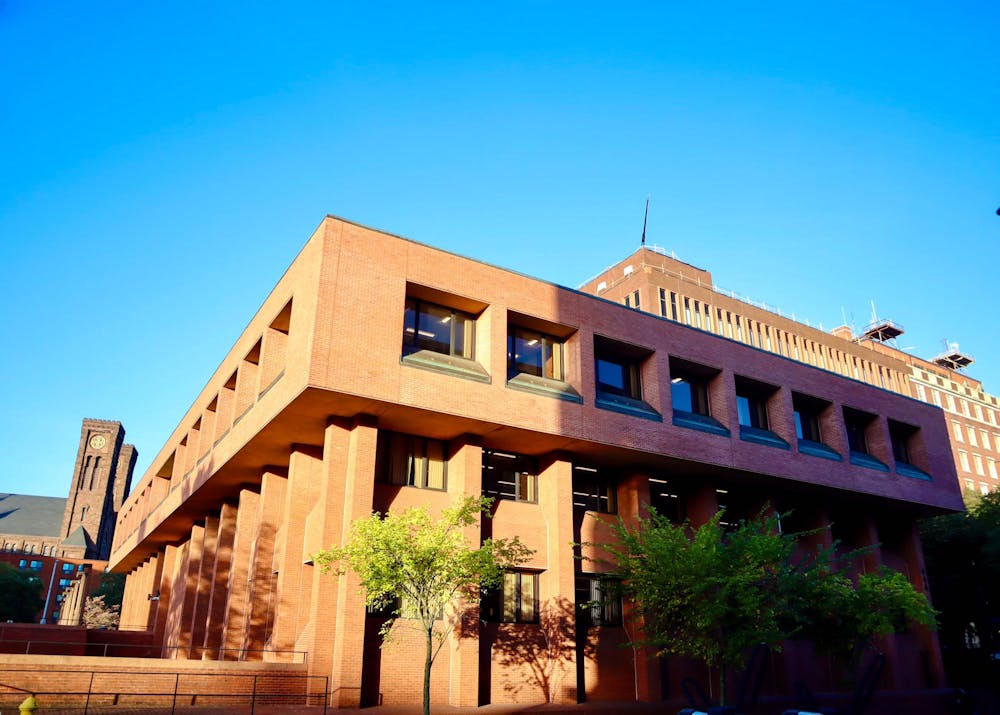Since 2022, the Providence Redevelopment Agency has awarded $55.6 million in loans to projects that will build or restore affordable housing units. The loans will assist with a total of 2,114 units, according to city spokesperson Michaela Antunes. This August, a $12.7 million chunk of that money was awarded to nine new projects.
Income targets vary slightly based on funding source but will be set at less than between 65 and 80% of the area median income for rentals, and less than between 80 and 120% of area median income for homeownership, according to Antunes.
Award amounts for these projects range from $8 million for the construction of a 178-unit building to $114,000 for the building of a 2-unit home. The majority of projects have received under $1 million, with the City’s funding primarily serving as gap financing, according to Antunes.
Antunes elaborated that for most projects, the City’s commitment is the final piece to unlock millions in federal tax credits, bank lending, developer equity and other subsidy sources (like state tax credits).”
According to Antunes, construction on the majority of projects will begin this fall.
Sojourner House, a victims-services agency, received a $300,000 loan for a project with an estimated cost of $1,579,812, which will restore a four-unit property to provide housing for survivors of violence. Amos House, another award recipient, will have almost all their funding covered by the loan.
Vanessa Volz, President and CEO of Sojourner House, told The Herald that the agency typically seeks out smaller properties, due to the trauma-based needs of their clients. Jessica Salter, Chief Philanthropy & Communications Officer for Amos House, similarly noted that they have found smaller units to be ideal for the needs of their clients.
“Being able to move people into something that actually feels like a home, into something that’s a multi-family house … or a rooming house model … that feels more community driven than other options,” Salter said, adding that dealing with smaller sized units additionally helped with case management and coordination of care.
While both Amos House and Sojourner Houses’ current projects will rehabilitate buildings, the seven other award recipients will build new housing. Both Volz and Salter noted the immense housing shortage facing Providence, and Volz shared that it was due to this shortage of housing that Sojourner House began to develop in 2020.
Volz noted that many clients who come to them in times of emergency often don’t have places to return to once their emergency has stabilized. She added “You can’t solve the issues of domestic violence and sexual assault unless survivors have access to safe, secure, permanent housing. It’s essential to moving on with the rest of your life.”
The units Sojourner House will be restoring will provide permanent supportive housing to those in need — one of a few different types of housing Sojourner House provides. Residents will be selected from the state’s coordinated entry system based on their needs as victims of domestic or sexual violence. Those who have incomes will pay one-third of their income for housing. Residents will additionally work with a case manager and have access to aid such as clinical services and support groups.
The units Amos House will rehabilitate will add to eight out of 20 housing units the nonprofit owns that provide permanent supportive housing. The units will be available to some of the 200 people who annually go through Amos House’s 90-day recovery shelter housing program.
While not all projects that received awards will provide behavioral support services or support to medically vulnerable tenants, in the case of the award given to Crossroads RI, projects that do provide these services align with the Office of Housing and Human Services’ goal to address the intersection of housing and health.
Director of the Office of Housing and Human Services Emily Freedman, wrote in an email to The Herald that “housing is a social determinant of health, and we seek to braid and layer resources wherever possible to address interwoven needs.”
Freedman added that this intersection is also addressed by efforts to “layer housing development with ongoing behavioral health and recovery supports.” Since its inception in February 2024, the office has further developed the City’s Overdose Prevention Strategy, a community non-violence program and an Emergency Food Plan.
According to Antunes, once current loans have been repaid, additional funding opportunities will be offered.
Mikayla Kennedy is a Metro editor covering housing and transportation. They are a junior from New York City studying Political Science and Public Policy Economics.





